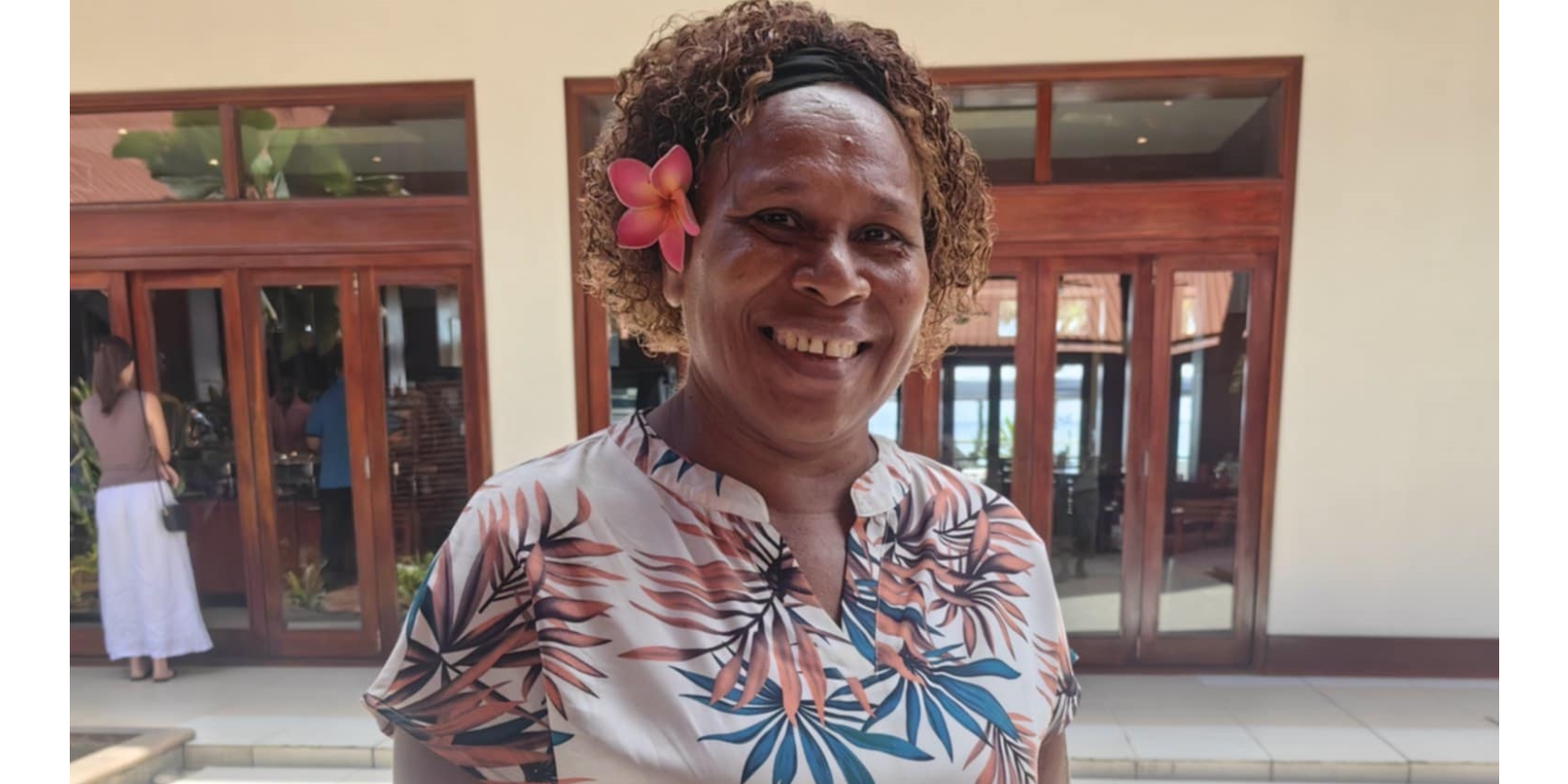Four years after surviving a World War II bomb explosion at Lengakiki, Central Honiara, one of the victims is still waiting for government assistance or compensation.
Maeverlyn Kabolo Pitanoe, one of two survivors of the tragic blast on May 9, 2021, said she continues to endure physical pain, emotional trauma, and financial hardship.
The explosion occurred during a family barbecue to celebrate Mother’s Day, killing two young men — Charles Noda and Raziv Hilly.
Mrs. Pitanoe, who holds a Master’s degree in Education and founded Bomb Free Solomon Islands, shared her experience with the Solomon Star during the National UXO Coordination Meeting at the Mendana Hotel in Honiara yesterday.
She said that apart from medical care provided by hospital staff, she has received no formal support from the government.
“My family here and abroad, as well as the community and church organisations, have been my only source of help. They supported my medical expenses and living costs despite the injuries and pain,” she said.
“I really salute the hospital staff. Despite limited resources, their skills and dedication — with God’s help — saved my life.”
Mrs. Pitanoe also expressed gratitude to the Adventist youths who donated blood during her hospitalization.
However, she lamented the lack of official assistance.
“That’s why I say we have been forgotten. It’s been four years now, and nothing has been done by the government to assist us,” she said.
She added that the recent establishment of the National UXO Office within the Ministry of Police, National Security and Correctional Services offers some hope for survivors.
“Now that there is an office in place, I plan to work with them to amplify the voices of bomb explosion survivors across the country,” she said.
“My only regret and disappointment is — where was the government when the incident happened? Why didn’t they step in? This was not a small matter; the whole country knew about it.”
Speaking at the opening of the National UXO Consultation Workshop, Minister of Police, National Security and Correctional Services Jimson Tanangada said the government has taken important steps to address the UXO (Unexploded Ordnance) problem.
He said the National UXO Policy, recently approved by Cabinet, provides a framework for a “whole-of-government” approach — ensuring coordination among ministries, agencies, and partners to tackle the UXO threat systematically.
To implement this, the ministry is establishing a dedicated UXO Division within its headquarters to strengthen coordination, oversight, and policy direction on UXO management.
“We are also developing a legislative policy that will pave the way for UXO-specific legislation,” Mr. Tanangada said.
“This will establish legal and safety standards for UXO management, clearance, and commercial operations — ensuring accountability and protecting the safety of our people and environment.”
Dr. Raluca Eddon, Deputy Resident Representative of UNDP Solomon Islands, said the establishment of the dedicated UXO Coordinator Office under UNDP support marks a crucial milestone.
“Together, we are developing national legislation, policy frameworks, and coordination mechanisms to ensure mine action is guided by law, grounded in national ownership, and implemented with the highest safety and environmental standards,” Dr. Eddon said.
She noted that the absence of UXO-specific legislation poses serious risks, including unclear responsibilities, limited accountability, and insufficient victim assistance and data management.
“By closing these gaps, we can create a safer and more resilient Solomon Islands,” she said.
By EDDIE OSIFELO
Solomon Star, Honiara









